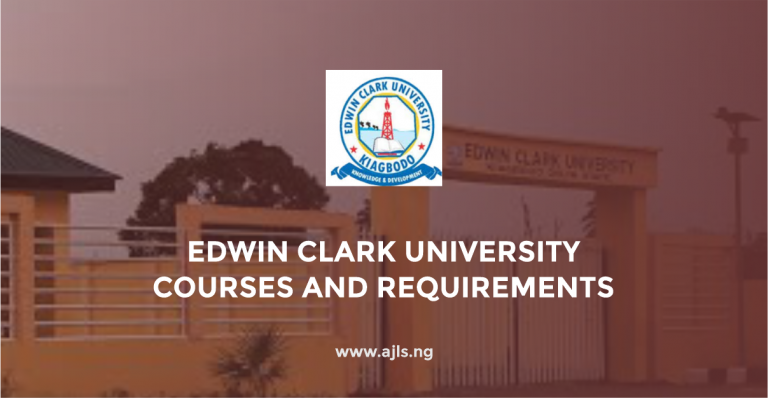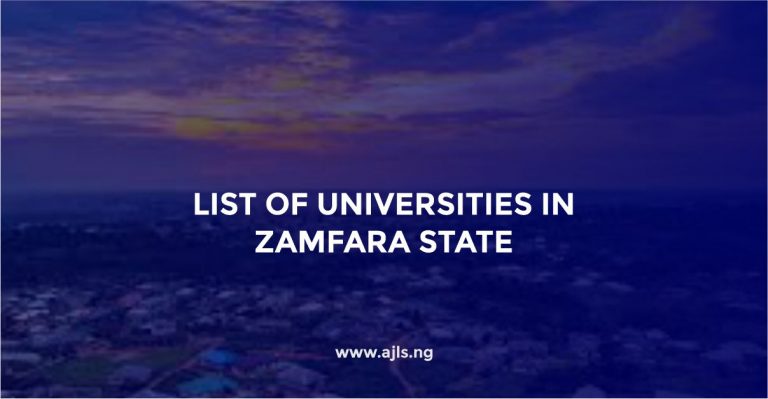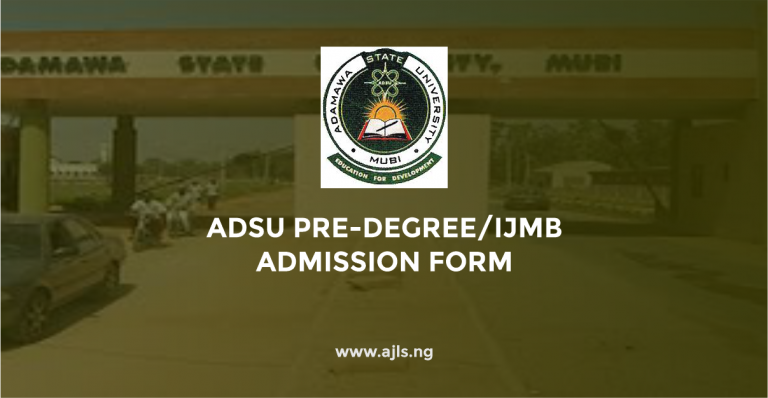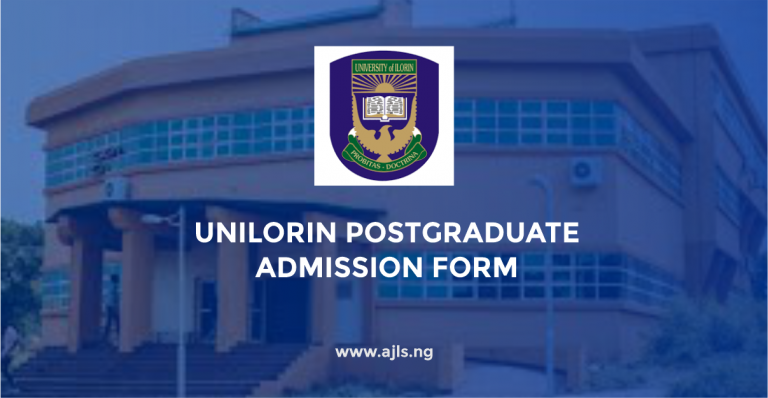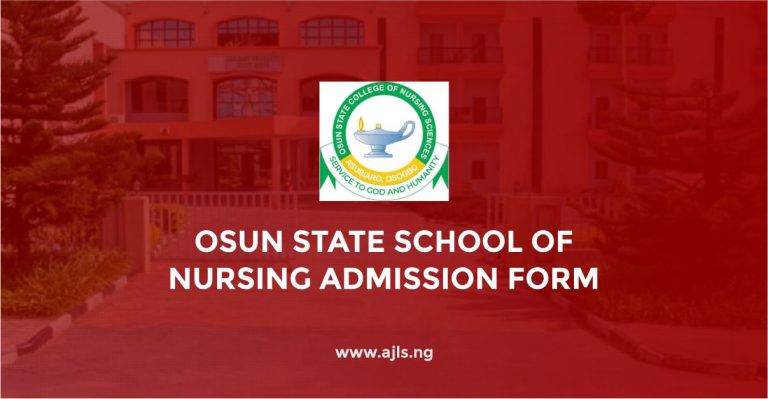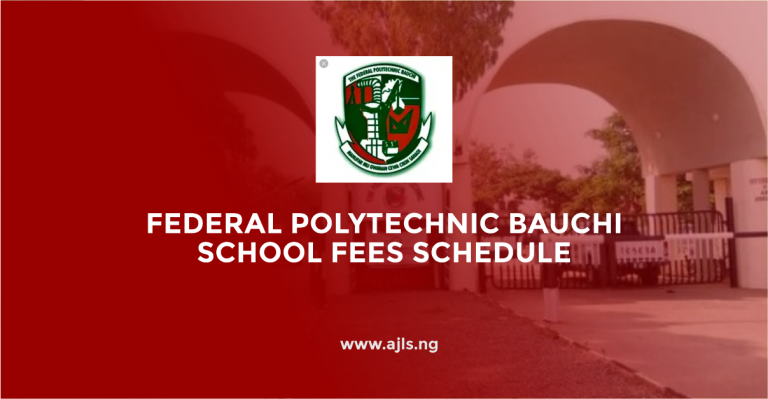WAEC Syllabus for Yoruba 2026
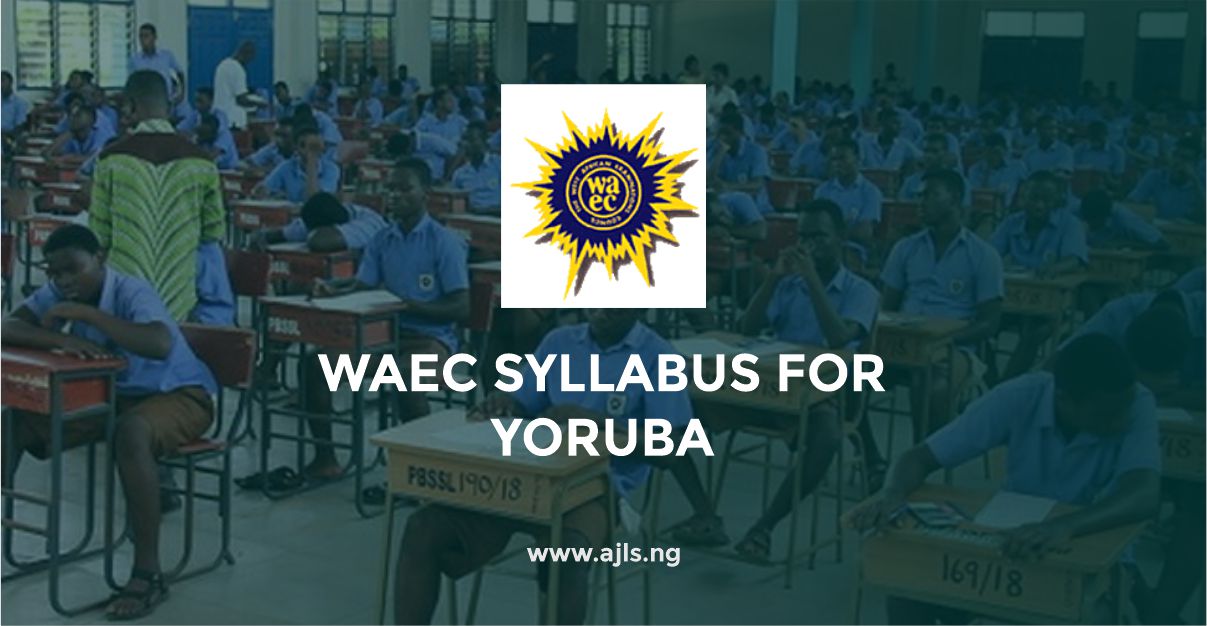
The West African Examinations Council (WAEC) Yoruba syllabus is a guide that outlines what students need to study to prepare for the WAEC examination in Yoruba. It covers various aspects of the Yoruba language, including grammar, literature, culture, and oral traditions. The WAEC Syllabus for Yoruba is designed to help students develop strong reading, writing, speaking, and comprehension skills in Yoruba.
It also aims to deepen their understanding of the rich history and traditions of the Yoruba people. In this article, this syllabus will show students how to effectively prepare for their exams and gain a better appreciation of the Yoruba language and culture. Ensure you read the information provided in this article carefully to be guided.
WAEC Syllabus for Yoruba
The WAEC syllabus follows the Yoruba curriculum set by the Nigerian Educational Research and Development Council (NERDC). The syllabus aims to help candidates:
- Develop skills in speaking, reading, and writing Yoruba fluently.
- Understand the Yoruba language’s sound system, grammar, and structure.
- Knowledge of Yoruba speech, literature, and culture, including customs and traditions.
Examination Structure
The exam consists of two papers:
- Paper 1: Multiple-choice questions on Language, Literature, and Culture.
- Paper 2: Essay-based questions covering Language, Literature, and Culture.
Paper 1 – Objective Section
- Duration: 1 hour
- Total Marks: 60
- Sections: A, B, and C
- Question Distribution:
Section A – Language
- Comprehension (2 passages) – 10 questions
- Composition – 4 questions
- Sound System – 6 questions
- Grammar – 6 questions
- Translation – 4 questions
Section B – Literature
- Literary Appreciation – 4 questions
- Oral Literature (Prose, Poetry, Drama) – 9 questions
- Written Literature (Prose, Poetry, Drama) – 9 questions
Section C – Culture
- Customs – 4 questions
- Institutions – 4 questions
Paper 2 – Essay Section
- Duration: 2 hours
- Total Marks: 100
- Sections: A, B, and C
- Question Distribution:
Section A – Language
Composition (300 words) – One essay from:
- Narrative
- Descriptive
- Argumentative
- Expository
- Dialogue
- Debate
- Letter writing
Sound System – One question covering:
- Vowels, Consonants, and Syllabic Nasal
- Phonetic and Phonemic Classification
- Syllable Structure
- Sound Processes (e.g., vowel harmony, assimilation, elision)
- Tone and Notation
Grammar – One question covering:
- Word Structure and Formation
- Numerals (Basic and Derived)
- Word Classes (Nouns, Verbs, Adjectives, etc.)
- Sentence Structures and Types
Section B – Literature
- Oral Literature (Prose, Poetry, Drama) – Three set books; one question per book; candidates answer one.
- Written Literature (Prose, Poetry, Drama) – Three set books; one question per book; candidates answer one.
Section C – Culture
- Two questions on Customs and Institutions; candidates answer one.
- Topics include Yoruba customs, traditions, religion, politics, and economy.
Recommended Study Areas
Customs
- Yoruba traditional dressing and adornments
- Indoor and outdoor games
- Pregnancy and child care practices
- Naming ceremonies
- Home training (respect, discipline, hard work, cleanliness, etc.)
- Yoruba traditional foods
- Non-verbal communication (gestures, facial expressions, etc.)
- Funerals (traditional and modern)
- Inheritance systems
Institutions
- Traditional occupations
- Marriage customs
- Political structure (chieftaincy, kingship, family leadership)
- Child upbringing
- Yoruba spiritual beliefs (Olodumare, deities, and ancestors)
- Influence of modern religions (Islam and Christianity)
- Yoruba economy (advertising, money lending, cooperatives)
Teaching Resources
Schools should provide materials such as:
- Audio-visual tools (TVs, radios, recorders, cameras, charts, and artifacts)
Recommended Textbooks
Language
- Abiodun, Jibola – Aroko Ati Aayan
- Owolabi, K. – Ijinle Itupale Ede Yoruba
- Bamgbose, A. – Fonoloji Ati Girama Yoruba
Literature
Oral Literature:
- Ijapa Tiroko Oko Yannibo – Ojo, Olagoke
- Awon Oju Odu – Abimbola, Wande
- Eegun Alare – Ogunniran, L.
Written Literature:
- Olorunsogo – Eso-Oluborode, Sunday
- Akowe ko wura – Olayiwola, Ademola
- Apoti Alakara – Awe, Debo
Culture
- Adeoye, C.L. – Asa Ati Ise Yoruba
- Olajubu, O. – Iwe Asa Ibile Yoruba
- Daramola, A. & Jeje – Asa Ati Orisa
Additional References
- Bamgbose, A. – A Short Yoruba Grammar
- Awobuluyi, O. – Essentials of Yoruba Grammar
- Fabunmi, M.A. – Yoruba Idioms
- Koseemanii, Supo – Owe ati Asayan Oro Yoruba
- Adeoye, C.L. – Oruko Yoruba
This syllabus provides all necessary details to prepare students for the WAEC Yoruba exam, ensuring a solid understanding of Yoruba society’s language, literature, and cultural aspects. By following the information provided in this article, you will be able to prepare for the exams and pass as this syllabus will guide you. We hope you found this article helpful. For more inquiries regarding the WAEC Syllabus for Yoruba or related information, do not hesitate to drop your question in the comment box.
